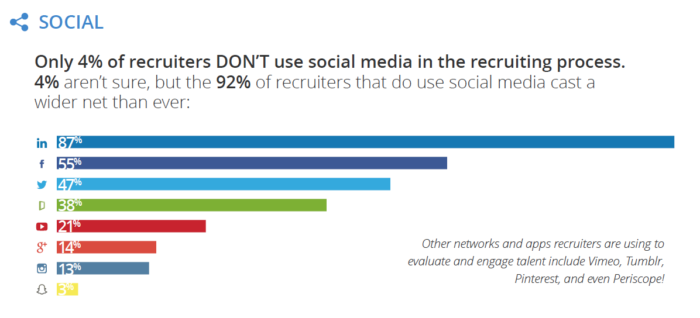Learning about effective reputation management is the key to taking control of what the internet says about you or your business.
The first time a person or business owner finds something negative about them online, panic sets in.
How do you manage it? How do you control it? How do you make the negative go away?

Many of you will feel out of control when faced with the prospect of anybody in the world impacting your brand by simply posting about you.
Understanding what online reputation management is and how it impacts your personal and professional life is the first step.
What is Reputation Management?
Reputation management is the practice of attempting to shape public perception of a person or organization by influencing online information about that entity.
This was originally a public relations term but in this age of internet and social media, it really boils down to your search engine results.
When people look up your business or personal name on the web, what they find on the first page is generally the opinion of you that they walk away with.
Managing what is found on the internet as related to your brand is the act of managing your reputation
1. Googling Your Name Isn’t Enough
Otherwise known as a vanity search, the practice of looking up your own name or business name on a search engine is smart because awareness of a potential problem is key.
The problem is, the more you do it, the more compromised your search results will be which reduces the effectiveness of the action.

Search engines remember who you are, what you search for, and what you clicked on so years of looking up your own name on your machine won’t show you the same results a potential customer or employer would see. This plays out every time a client comes to my office with their own computer.
We both look up the same term or name on different computers and come up with different results. I see a wider variety of search results than they can because I’m getting what are called “virgin” search results. My results are not compromised by previous activity.
The Better Solution
I recommend using a computer that’s not yours, a different browser, or using a public machine such as those available at a library.
Safe, private, or incognito mode on your browser won’t be particularly helpful unless:
- you’ve used it for every search of your name(s)
- you haven’t touched another plug-in that the browser interacts with, or
- you haven’t visited another website that records your visit
All of these possibilities punch holes in the incognito service you think you’re using.
2. Sharing a Name
It’s important for you to know with whom you share a name. Whether it’s exactly the same (very common for people) or really similar (more so for businesses), you need to know who they are and how you are different from them.
After you’ve done a search for your own name, click through and learn as much as you can about these similar personal and professional brands. What do they specialize in? Where are they based? What are their domains?
Should a potential client or employer become confused or question the situation, you’re prepared with in-depth information as to who they are and how you differ to quickly clear up any confusion.
This will also inform you when you make further branding choices such as further protection of the name or staying away from industries in which they are already a part.
3. The Job Market is Social Media Savvy

According to Jobvite and their Recruiter Nation Survey 2015, 92% of recruiters are using social media to investigate their potential hires.
Many employers are now investing in high-powered background checks and dashboard tools that go beyond the traditional credit and criminal record checks to include your search and social results.
Your personal life leaks online when friends post about you, tag you, and expose you to the public. A combination of strong privacy settings, monitoring your tags, and communicating with your friends about your boundaries will be the most effective in managing what your name is associated with online.
4. Your Credit is on the Line
Think your negative eBay reviews don’t factor into getting a line of credit for your business? You’d be wrong.
Wall Street Journal reported that Fair Isaac Corp, which provides the credit scoring used in more than 90% of lenders’ decisions, says it’s using social media results in that process. Additionally, some lending companies are comparing your LinkedIn profile to your loan application to see if they are the same.
Starting or expanding your business and its funding is increasingly impacted by your search results, online behavior, as well as customer and product reviews.
5. That Reputation Management Service Can Only Do So Much
There are services you can contract with or consultants you can hire to “scrub” or improve your online presence. They are knowledgeable and capable but they won’t tell you that, legally, there isn’t much they can do on your behalf.
Most of them will provide you with a list of tasks you must undertake of your own volition because they cannot make corrections or argue search results for you, that you legally must do yourself. I’ve had several clients tell me of their pricey bills that only come with a to-do list.
Bonus – Action Items
-
- Once you’ve done a vanity search from a browser or machine you don’t normally use, set up Google Alerts to have Google do the work for you. When a new result appears on the web, they will email you.
- Make sure you own your brand and/or personal name domain address because search engines trust the content about you that’s coming from a site with your same name.
- Map your business and make sure your listings are accurate. Address negative content such as reviews or angry comments.
- Last but not least, post your own content on a regular basis. Your best offense is for you to put out the information you want the public to find about you.
Question: How do you keep track of your online reputation? Comment below…











